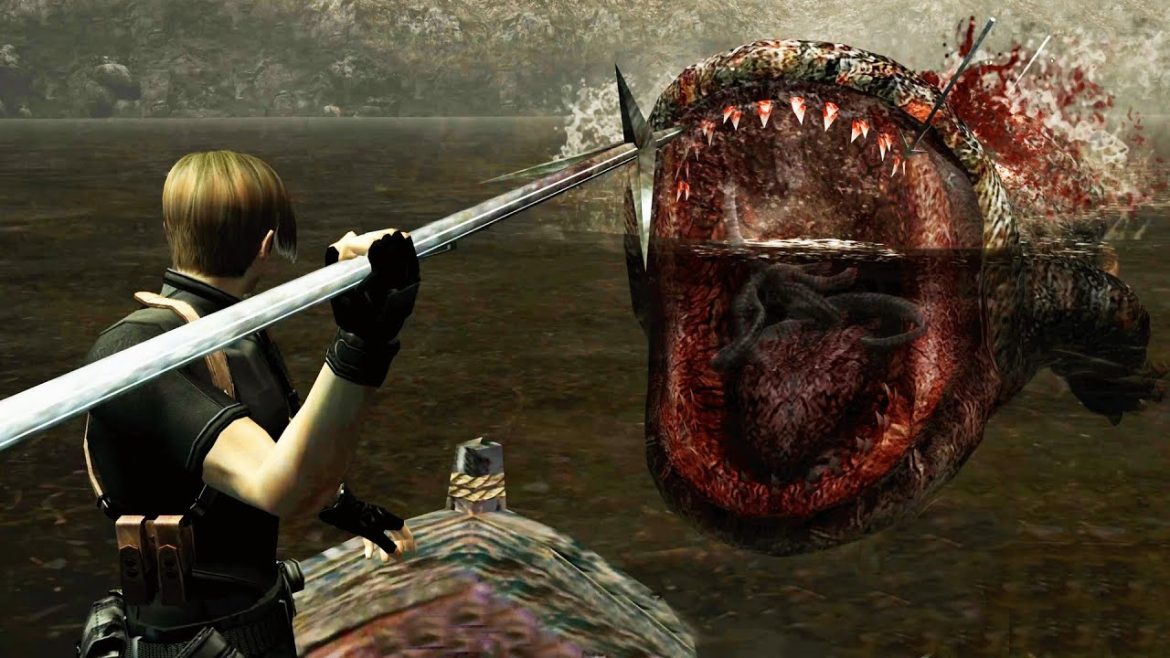Welcome back readers.
I’d like to echo more than a few sites in my critical orbit by dropping a quick plug before we proceed for the Queer Games Bundle on Itch, which you have a whole month to pick up. If recent discourse on the coverage and exposure indie games receive has you feeling like we’re going in rhetorical circles, the bundle’s a pretty simple way to support a whole lot of smaller games and independent artists creating cool, weird and vital stuff.
This Week in Videogame Blogging is a roundup highlighting the most important critical writing on games from the past seven days.
Macro
A running theme in this week’s issue is the interaction between games and the broader structures of Empire and late capitalism. We start with broader perspectives across multiple games, evaluating narrative structure, hegemonic tropes, and design practice.
- Cheap Machines | Unwinnable
Emily Price meditates on the exploration of gig work and debt in narrative games. - Game Design in the Imperial Mode #CGSA 2022 | meghna jayanth
Meghna Jayanth, in continuation of her study and critique of the inflections of Empire in game design, shifts focus from the white protagonist to the white player.
“To exist as a marginalised person in video games is to be cast in the role of activist, which is not always comfortable. And I think about bell hooks’s insights about marginality. That marginality should not be regarded a place of pain, but a space of possibility and resistance.”
Micro
Next, let’s move into more game-specific critiques and conversations carrying over some of the same themes and tensions.
- You Wouldn’t Download a Body – No Escape
Kaile Hultner writes on Citizen Sleeper and the role of self-determination in the face of the wounds capitalism and broader dominant culture inflict on us even when we “win” or simply survive. - Conversation In The Ruins Of Interplanetary Capitalism | Unwinnable
Ruth Cassidy chats with Gareth Damian Martin about the material and embodied conditions and struggles which inform the design and play of Citizen Sleeper. - Diablo Immortal reveals Diablo as the slot machine it always was | Polygon
Maddy Myers observes that in a microtransaction-suffused environment, Diablo only becomes more the thing it always was. - ‘Hardspace: Shipbreaker’ Understands the Joy and Grace of Good Work | VICE
Renata Price mediates on how Hardspace: Shipbreaker pushes through and against the dueling, contradictory narratives of labour in the American popular consciousness.
“Hardspace: Shipbreaker is unique in the completeness of its portrayal, and the grace with which it depicts that work. Objects float through space in gorgeous arcs, accelerating and decelerating in pace with the wide arcs of your grapple beam. Its reverence towards labor isn’t just aesthetically beautiful, but actively humanizing towards its characters. The joy of shipbreaking isn’t just satisfying gameplay, but an essential part of the game’s core belief in the possibility of a good world in spite of capitalism.”
Structural Perturbations
Now, onto some analyses of games which push up against structural design trends in larger and smaller ways.
- The Stanley Parable: Ultra Deluxe | Ash Can Reviews
Ashcan contemplates Davey Wreden’s metatextual, cyclical story, itself now on its third real-world go-round. - Travels to Siofra River — Gamers with Glasses
Don Everhart wanders through one of Elden Ring‘s most magical, mysterious, and entirely missable locations. - Takeshi’s Challenge [1986] – Arcade Idea
Art Maybury sits with the infamously in-on-its-own-joke, player-hostile disempowerment fantasy Takeshi’s Challenge.
“Takeshi’s Challenge is a cornerstone example in the world of “bad games.” It fits strangely in with its companions, because most infamous bad games get that regard through some kind of failure of implementation. Takeshi’s Challenge, by contrast, is an unambigious unqualified success on its own terms. It’s just that those terms are alien, grotesque, and hostile.”
Critical Chaser
Our closing segment tends to bounce between short and longform. This week it’s the latter, with Cassidy’s latest column.
- Spirit of Speed 1937 – Bad Game Hall of Fame
Cassidy takes a long and determined look at a Dreamcast racing port with an especially convoluted publishing history, which bears all the appearance and reputation of a bad game but which, for a very specific historical racing audience, might still have something to it.
“What I mostly imagine would keep folk invested in the game though – besides whatever love of the setting and the classic cars they bring in with them – is the satisfaction of overcoming all the odds in order to squeak out satisfying wins. And believe you me: Scoring wins really does seem to come down to the very last second, if not something contingent on a fair bit of luck. But when you can manage the feat, it really does leave you feeling like you’ve accomplished something — like you’ve tamed some unwieldy beast, and emerged victorious against invincible competition.”
Subscribe
Critical Distance is community-supported. Our readers support us from as little as one dollar a month. Would you consider joining them?
Contribute
Have you read, seen, heard or otherwise experienced something new that made you think about games differently? Send it in!


